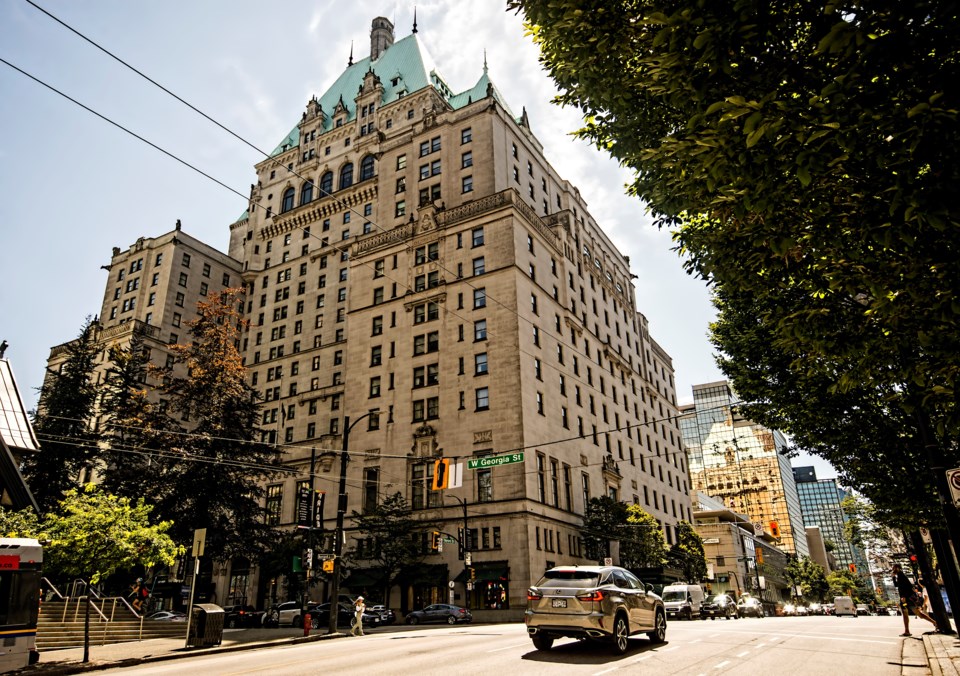With Canadians on Monday voting in a Liberal minority government, those in the tourism and hospitality sector are reflecting on what that will mean for business.
Prime Minister Mark Carney on the campaign trail announced what he called a Canada Strong Pass, aimed at making travel more affordable for young families.
His victory paves the way for the passes to go into effect on the planned timeline of between June and August.
The passes provide free access to national museums and galleries for those younger than 18 years. Those youth who travel with parents will also be able to ride VIA Rail trains for free.
Carney said his government would also introduce heavily discounted access and fares for those aged between 18 and 24 years.
He added that he would reduce prices for camp sites in national parks for all Canadians during the peak June-through-August season.
Exactly how much these measures will inspire Canadians to travel is unclear, but the moves were welcome news for the sector when they were announced on April 12.
“Certainly, those things are helpful and appreciated but it's probably not going to move the needle on tourism to the same degree that perhaps other regulatory issues or investment might,” Tourism Industry Association of BC CEO Walt Judas told BIV Tuesday.
One of the key things he would like to see from Carney is a commitment to sustain or increase funding to Destination Canada.
Destination Vancouver CEO Royce Chwin said he believes that the Canada Strong Pass will be “helpful.”
It is too soon to know for sure how much the government will do for the tourism sector, he told BIV.
One thing Chwin said he is eagerly awaiting is Carney to announce his cabinet.
“Will there be a tourism ministry?” he asked. “Will there be specific emphasis within the Mark Carney Liberals for tourism as a major economic driver?”
Chwin told BIV during the campaign that he would like the government to allow more students to come to Canada to study in tourism and hospitality programs.
“We would hope that there would be, maybe, a step back, and a recognition that if you want to grow Canada's visitor economy, you can't do that without skilled labour.”
BC Restaurant & Foodservices Association CEO Ian Tostenson echoed those concerns.
He that he often hears restaurant owners grouse that they cannot find qualified staff—particularly cooks—even when they offer wages that far exceed minimum wage.
Various federal government moves have exacerbated the problem of finding staff, he said.
One policy stance that made it harder to find qualified workers was Ottawa’s move to slash the number of workers eligible to come to B.C. under the province’s Provincial Nominee Program, said Tostenson.
B.C. administers that program, but the federal government determines the maximum number of workers eligible to take part.
Ottawa this year is only allowing 4,000 workers to enter Canada and work under B.C.’s PNP. That is a 50-per-cent cut from the 8,000 such workers it allowed last year.
Tostenson told BIV Tuesday that he thinks it will be “difficult” to convince a minority Liberal government to restore the 8,000-worker cap in the PNP, particularly if Carney relies on support from the New Democratic Party.
That party, he said, tends to prefer to support programs to upskill domestic workers than to allow more immigration.
“They tend to be more, ‘Let's build skills within Canada, within the unions,’” Tostenson said.
“The Bloc [Québécois] may, in fact, be a little bit more flexible on immigration.”
The issue of permanently removing the Goods and Services Tax from restaurant meals did not come up during the campaign so Tostenson said he doubts that Carney will act on that initiative
Another question yet to be answered is whether the Liberals’ minority status will make Carney weaker when negotiating trade policy with U.S. President Donald Trump, he said.
U.S. tariffs and Canadian retaliatory tariffs on food impact restaurants because they cause inflation that may not be able to be passed on to customers.


